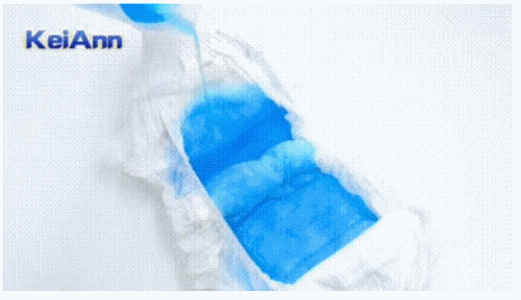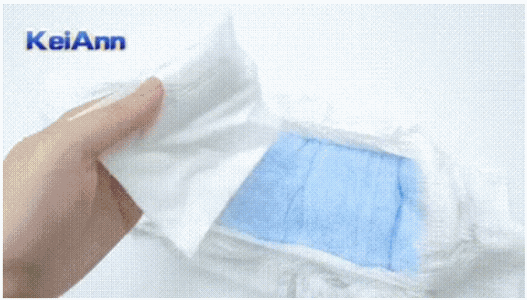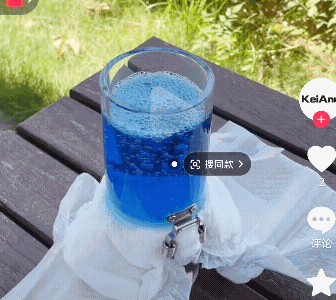“Cassie, I just bought some diapers for my newborn — how can I tell if they’re actually good?”
That’s a question I hear all the time from new parents. When your baby has sensitive skin or you’re simply trying to avoid leaks and rashes, judging diaper quality can feel like guesswork.
But here’s the good news: you don’t need a lab or fancy tools. With a few simple steps, you can check the most important features of a diaper — right at home.
Let me show you how.
1. Absorption & Dryness Test (Parent-Friendly Method)
Absorption is the most important part of a diaper — and thankfully, one of the easiest to test at home:
Prepare 300–500ml of tap water.
Gradually pour it into the center of the diaper.
Observe how quickly it absorbs — ideally within 10 seconds.
Wait 2 minutes, then press a tissue on the surface.
If it feels dry or barely damp, that’s a good sign.


💡 This one simple test checks:
Absorption speed
Liquid-holding capacity
Surface dryness and rewet prevention
2. Breathability Check (Steam Cup Method)
A breathable diaper reduces the risk of heat rash and moisture buildup.
Here’s how to test airflow:
Fill a cup with hot water.
Cover it with the diaper (inner side down).
Place another cup upside down on top.
Wait 60 seconds.
If you see steam or condensation in the top cup, the diaper allows airflow.

3. Softness & Comfort Test
Skin irritation often comes from rough material. To check softness:
Rub the inner liner between your fingers or gently on your cheek.
Hold the diaper up to the light — good diapers show fine perforation for ventilation.
Soft elastic cuffs and waistbands should stretch without feeling harsh.

4. Fit & Elastic Recovery
Diapers that stretch well — and bounce back — fit better and prevent leaks.
Test it this way:
Gently stretch the waistband and side tabs 2–3 times.
Check if they return to their original shape.
Try wrapping the diaper around a rolled towel to simulate fit.
Snug but soft is best — too tight causes red marks, too loose causes leaks.

5. Odor & Dye Check
Fragrances and additives may trigger skin allergies or mask poor materials.
To test safely:
Smell the diaper fresh out of the pack — avoid anything heavily perfumed.
Cut a small piece of the inner layer and soak it in warm water.
If the water turns cloudy or changes color, the dye may not be skin-safe.
Look for diapers labeled fragrance-free, dye-free, or dermatologically tested.
Bonus Checks (If You’re Comparing Brands)
Leak guard test: Pour water near the leg cuff — does the 3D barrier rise to block it?
Top layer thickness: Thinner diapers can still perform well — it depends on the SAP (super absorbent polymer) to fluff ratio.
No glue odor: Strong chemical smell = low-grade glue or poor bonding.
Quick Summary Table
| Test | What It Tells You | Why It Matters |
|---|---|---|
| Water Absorption | Speed, dryness, capacity | Prevents rash & discomfort |
| Steam Cup Test | Breathability | Reduces heat & moisture buildup |
| Material Softness | Skin-friendliness | Prevents irritation |
| Elastic Stretch | Fit & recovery | Prevents leaks & marks |
| Smell/Dye | Safety | Avoids allergens or harmful chemicals |
Cassie’s Final Advice
You don’t need lab equipment to judge a diaper’s quality — a few simple tests at home are more than enough.
Whether you’re a parent looking for the safest option or a buyer comparing suppliers, these methods give you real insights into performance, comfort, and safety.
At Tianzheng, we encourage customers to test our KeiAnn Diapers, especially for their SAP-based core absorption and breathable design — and we’re proud of how they perform under real-world checks.
Got samples in hand and still unsure? Feel free to message me anytime. I’m always happy to help. 😊



